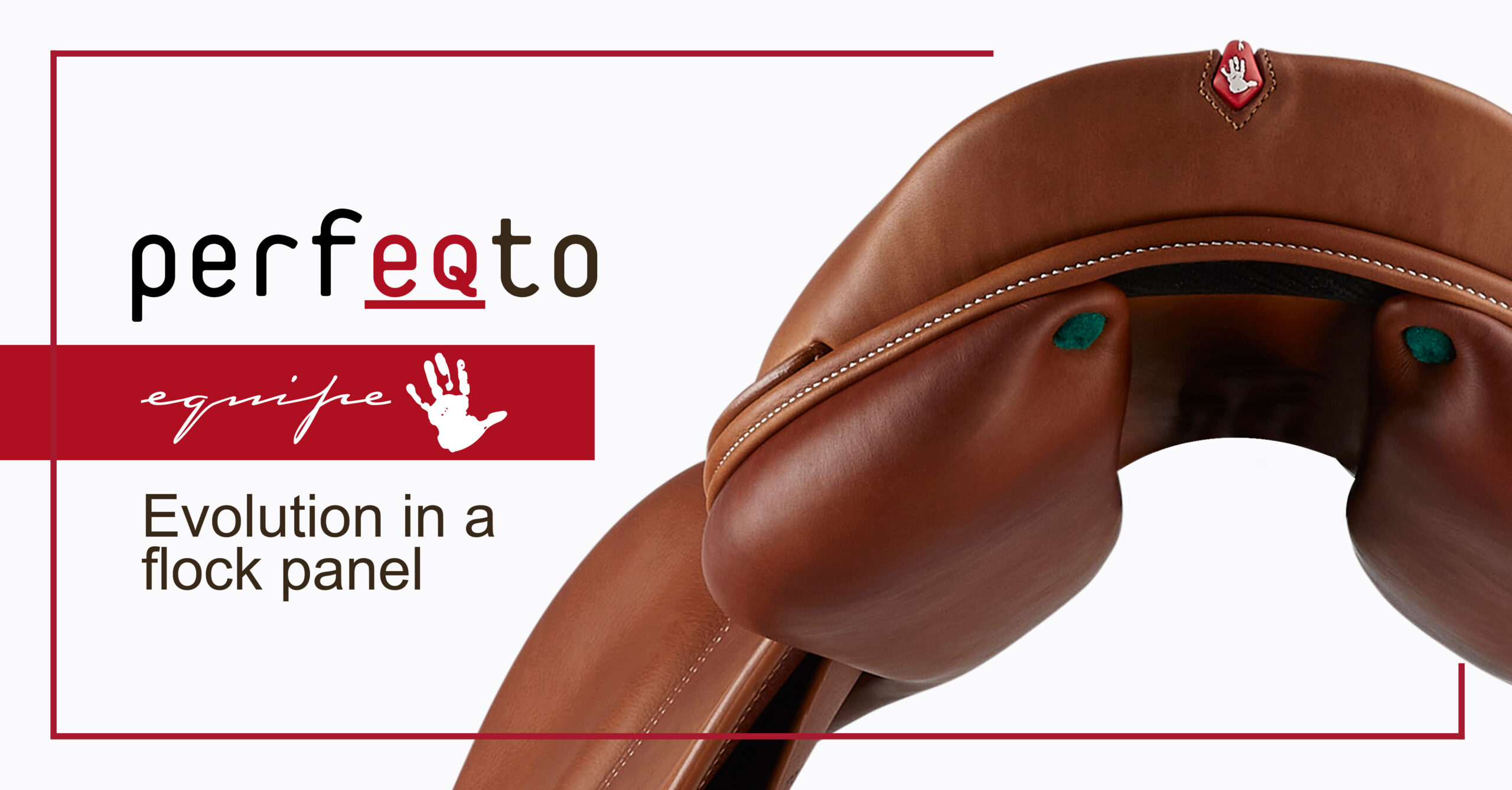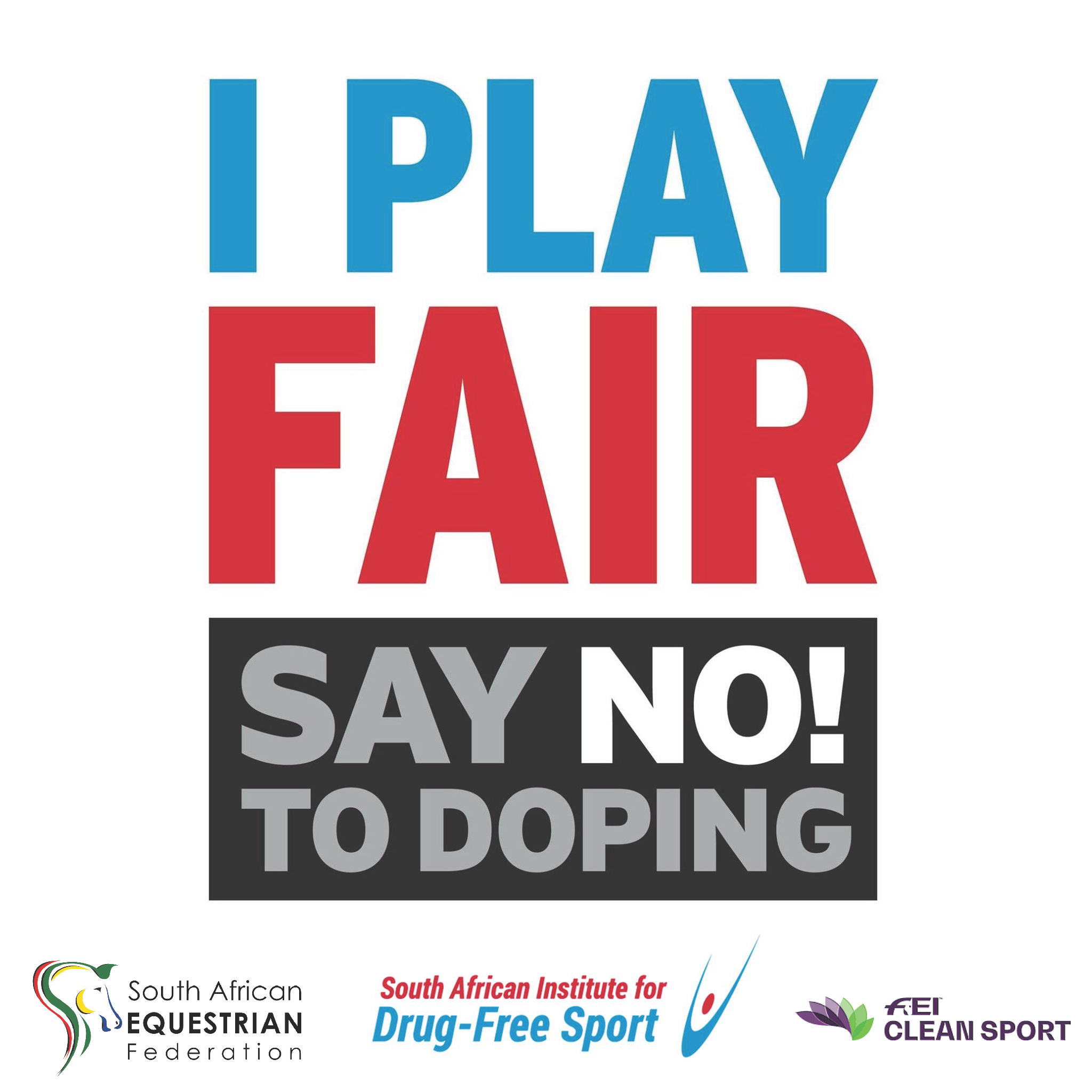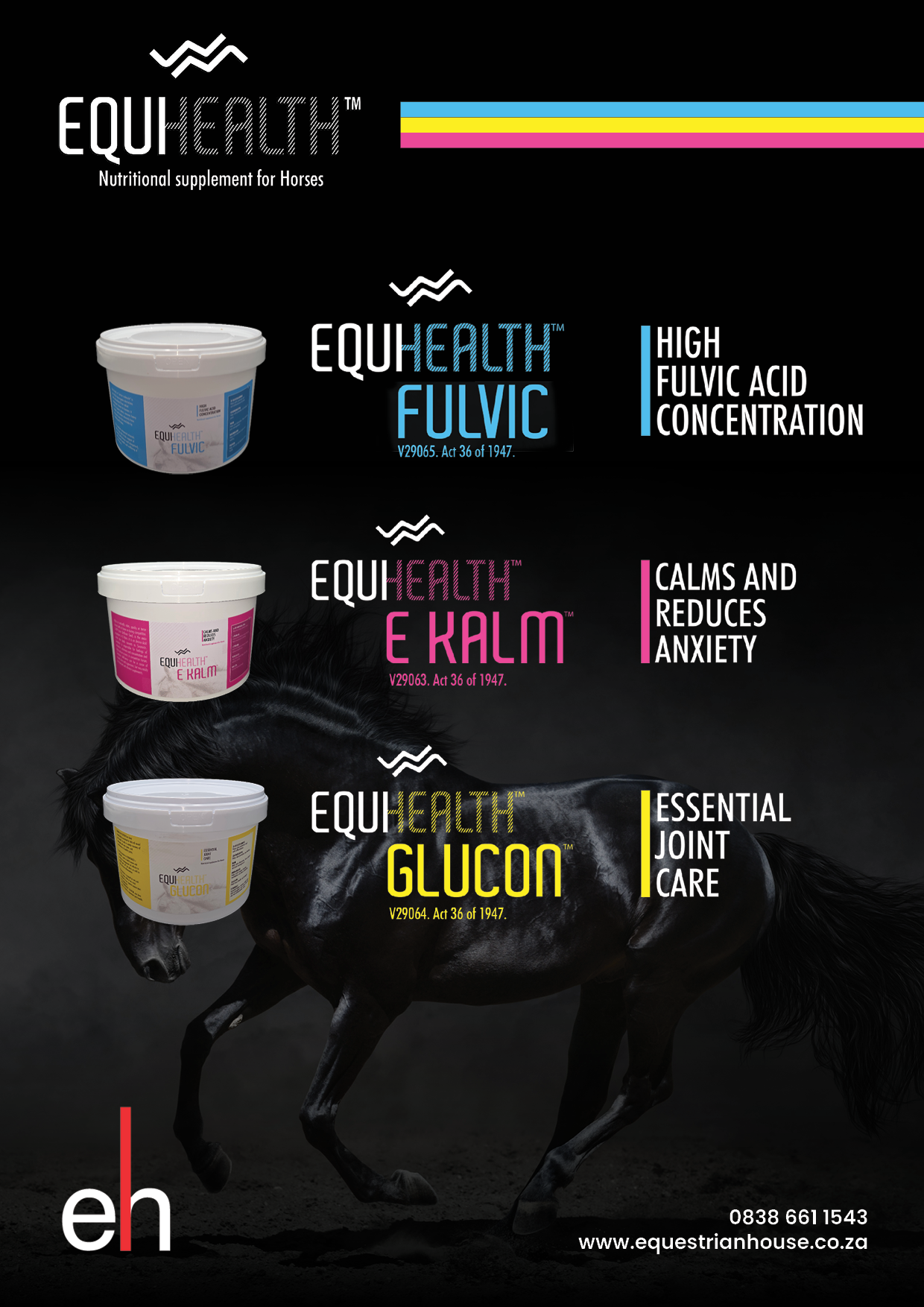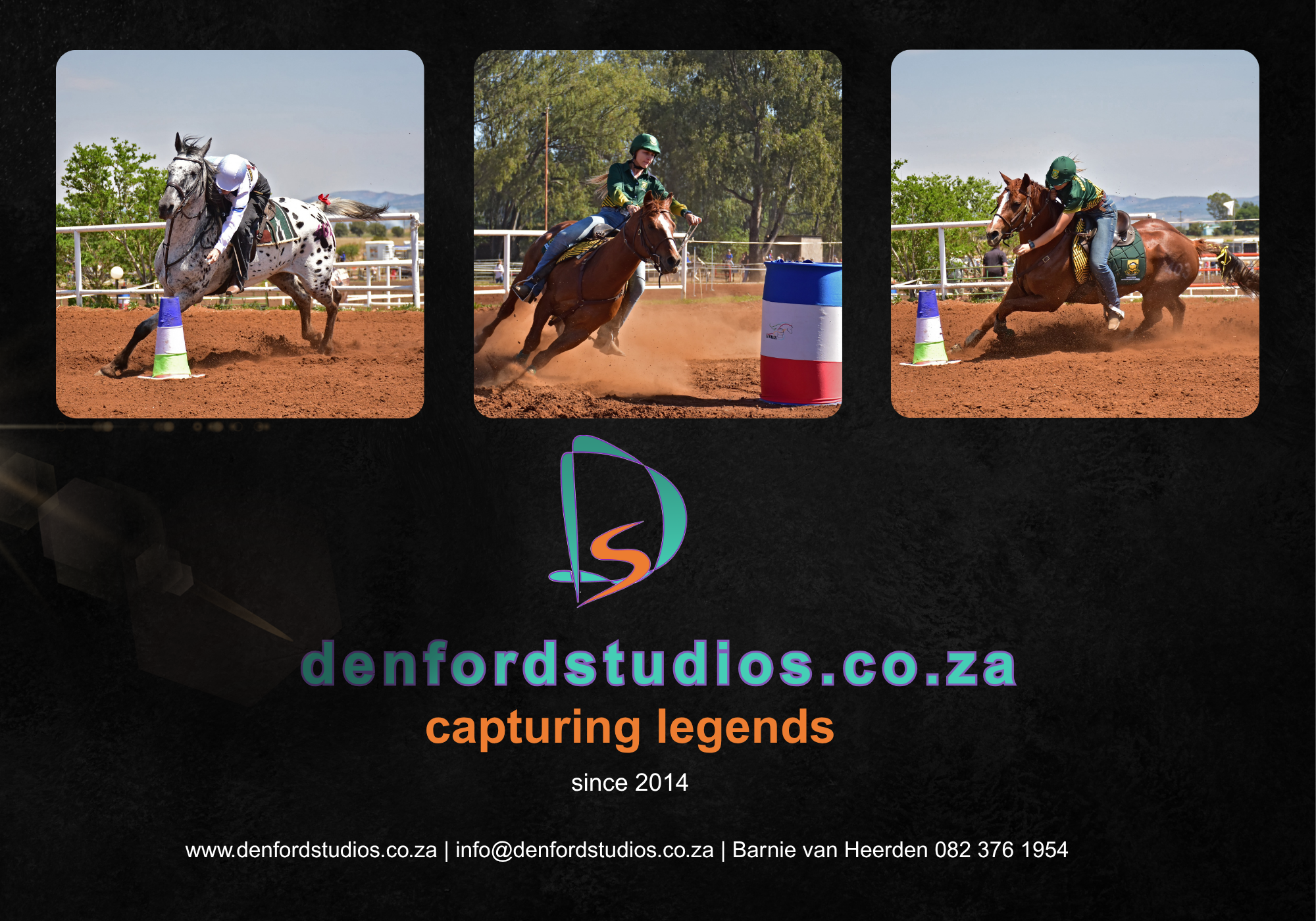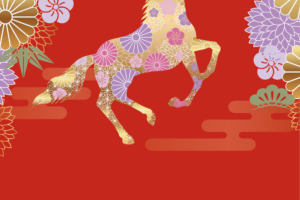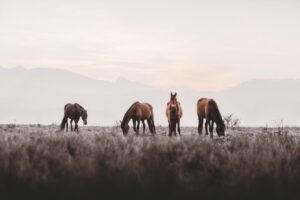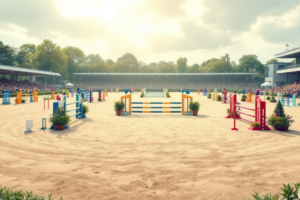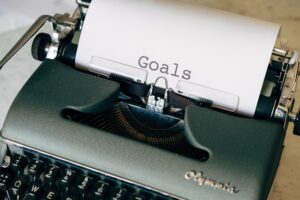Spectacular Horses are More than Breeding. It’s Passion. It’s Feeling. It’s Dedication.
Buying a good horse isn’t easy. Producing a good horse is even harder. While some have developed a recipe to produce what are seen as good horses consistently, few consistently produce spectacular horses. But that seems to be a recipe that Italian-born and bred Laura Lorenzetti from Laura Lorenzetti Stables on Poggio Rusco, an hour away from Bologna Airport in Italy and her husband Matteo Valentini (co-owner of eQuick), seems to have cracked the code on. Laura and Matteo are not horse traders. Instead, they work with every young horse they produce, meticulously adapting their training to match their temperament and then pairing them with the right rider. And because of this their horses have jumped at the World Cup and Global Champions Tour. Once a work rider for famous Italian stables, Laura spent time in the Netherlands and competed in the World Championships for Young Horses and the FEI World Cup China League in Tianjin. Matteo, on the other hand, was a pilot and trainer and says the first time he touched an animal was when he met Laura. Today, he is a part owner of eQuick Boots, and he and Laura own Horse Sense, and an online tack store. Equestrian Life asked Matteo about the secret to their success and why they are becoming an attractive option for South Africans looking for quality horses.
Q: With so many horse traders in the market and concerns about quality due to mass breeding, how do you differentiate yourselves in the industry?
A: For Laura and me, it’s not just about selling a horse to make a profit, and that’s why we don’t see ourselves as typical dealers. It all comes down to experience. When you’re an amateur, you might only buy three, maybe five horses in your entire life. Our customers may need multiple horses at a point in time. Our priority is making people feel safe and can trust us, not just the horse. For example, we have a strong relationship with the owner of one of the most important stable in the world. She could buy any horse she wants, but when she needs a horse, she calls us because she trusts Laura. We don’t take advantage of her and are honest, and that’s why she comes back to us year after year. Our clients are genuinely proud of the horses they buy from us. And because this isn’t our main business, if we don’t make money selling horses this month, it doesn’t matter. We do this because we love it.
Q: And there’s a fine line with that, isn’t there? Horses are a passion, not just a commodity.
A: Definitely! We live with our horses. We have our own stables and we’re with them every day. Laura loves them deeply. Honestly, if she had to choose between me and the horses, I’m pretty sure she’d choose the horses. She does everything for them. She has sacrificed her entire life for the horses.
Q: Many breeders put young horses up for auction, and while they may seem safe buyers often later realise it was the skilled rider, not the horse. Is this common in Europe?
A: It’s a global problem. The problem with auctions is that you really need to know what you’re doing. If you’re an amateur rider, you have to ask yourself some important questions: Am I a professional rider? Can I dedicate hours to training? Can I break in a horse or properly develop one? Or am I just an amateur? What you see isn’t always what you get. For example, if an amateur and a professional rider have been working with the same horse for three months, that horse might perform at 9/10 with a good rider. But with an amateur 2/10. It’s the same horse, but the result is completely different. In auctions, they make 10 or 20 videos of the horse and you only see the best five jumps. You don’t see everything else. It’s easy for them to present the horse in the best light, and it would be easy for anyone to do the same.
Q: In the production of your horses does Laura spend a lot of time bringing them on?
A: Laura rides all the horses we have in the stables herself. It’s never a situation where we have a horse for just a month or a week before selling it. Typically, the horses stay with us for at least 10 months to a year, sometimes even two years. We’re not fast horse dealers. When we sell a horse, it’s one that has been with us for a while and that we know well. We’re also very honest when someone comes looking for a horse. If the horse they want isn’t the right fit, we’ll tell them, ‘Sorry, but that’s not the horse for you.’ Because we know they won’t be happy in the long run. After two months, they might call us back unhappy, and then what’s the point?
Q: When it comes to training young horses, do you prefer to bring them along slowly?
A: Definitely. In most big studs, there’s a strict schedule. Let’s say they have 30 three-year-olds, and they start saddle-breaking in September or earlier; by November, they’re doing their first jumps; and by February, their first show. They are treated the same and they forget horses are like children. Some learn faster, some slower, some grow quicker, some later. For us, you know when you start, but you never know when you’ll finish. One horse might progress quickly, while another takes more time. It’s unpredictable. We don’t have 30 horses because we don’t believe we have the capacity to care for 30 horses properly. We prefer to have a smaller group where Laura can give each horse her full attention.
Q: What is the market like in Europe at the moment in terms of pricing?
A: It’s almost impossible to give a straightforward answer because there are so many factors. The same five-year-old horse could be offered at very different prices: just to give you some examples €50,000 to a wealthy buyer, but if it doesn’t sell fast, the breeder might offer it to me for €25,000. It depends on what you’re looking for. A horse with minor X-ray issues like a small OCD might be fine for enjoyment, but if you want flawless X-rays, the cost rises significantly. The problem nowadays is that we’re going too far as there are spectacular horses with minor issues on their X-rays, which will never cause any problems but aren’t being considered. Then you might buy a perfect horse, and the next day, you put him in the paddock, and he bucks and snaps a tendon. Price can vary based on breeding and the seller. The same horse might cost €200,000 from a name-brand breeder but only €30,000 from someone else, looks crazy but that’s how it is. When you buy a horse you really never know, also because nobody really knows exactly what the horse will be capable of in the future.
Q: Do you think people overlook that a horse doesn’t always have to come from a well-known line?
A: Absolutely. Just look at King Edward, the best horse in the world right now. His breeding is not impressive, and his sire was a dressage horse and a jumper but not impressive, yet now he’s the one of the best jumper in the world. That’s the magic about horses: you could breed the next world champion from an unknown horse. Or, from a world champion, you might get a horse that can only jump 1.10m with three faults. It all depends on how they’re raised and cared for. It’s like buying one kilo of steel which costs €5, but that same steel from Rolex is €20,000. Being in the right place, with the right horse, the right rider, and the right environment is where the magic happens.
Q: Horses have minds, personalities, desires, and wants. Some of them love to jump, and some don’t. Is this sometimes overlooked?
A: Recently, Laura tried out a hot, wild mare. The mare started well but became almost uncontrollable by the third jump, even with a strong bit. Laura switched to a simple bit, and the mare jumped effortlessly, surprising everyone. Laura noticed that previous riders pushed the mare with their legs but, when left alone, performed beautifully. The mare, considered difficult and cheap, fit Laura perfectly, though she might not suit other riders. In some countries, there’s a lack of understanding about horsemanship. They think, ‘I bought a horse, so it should do what I want.’ But it doesn’t work that way. You need to be in tune with your horse for the partnership to succeed; otherwise, you waste
Our verdict after speaking to Matteo? It’s not just winners but partnerships the couple want to develop. That’s what winners are made from. Not cookie-cutter horses and training methods.



